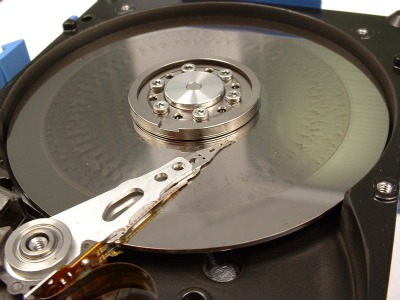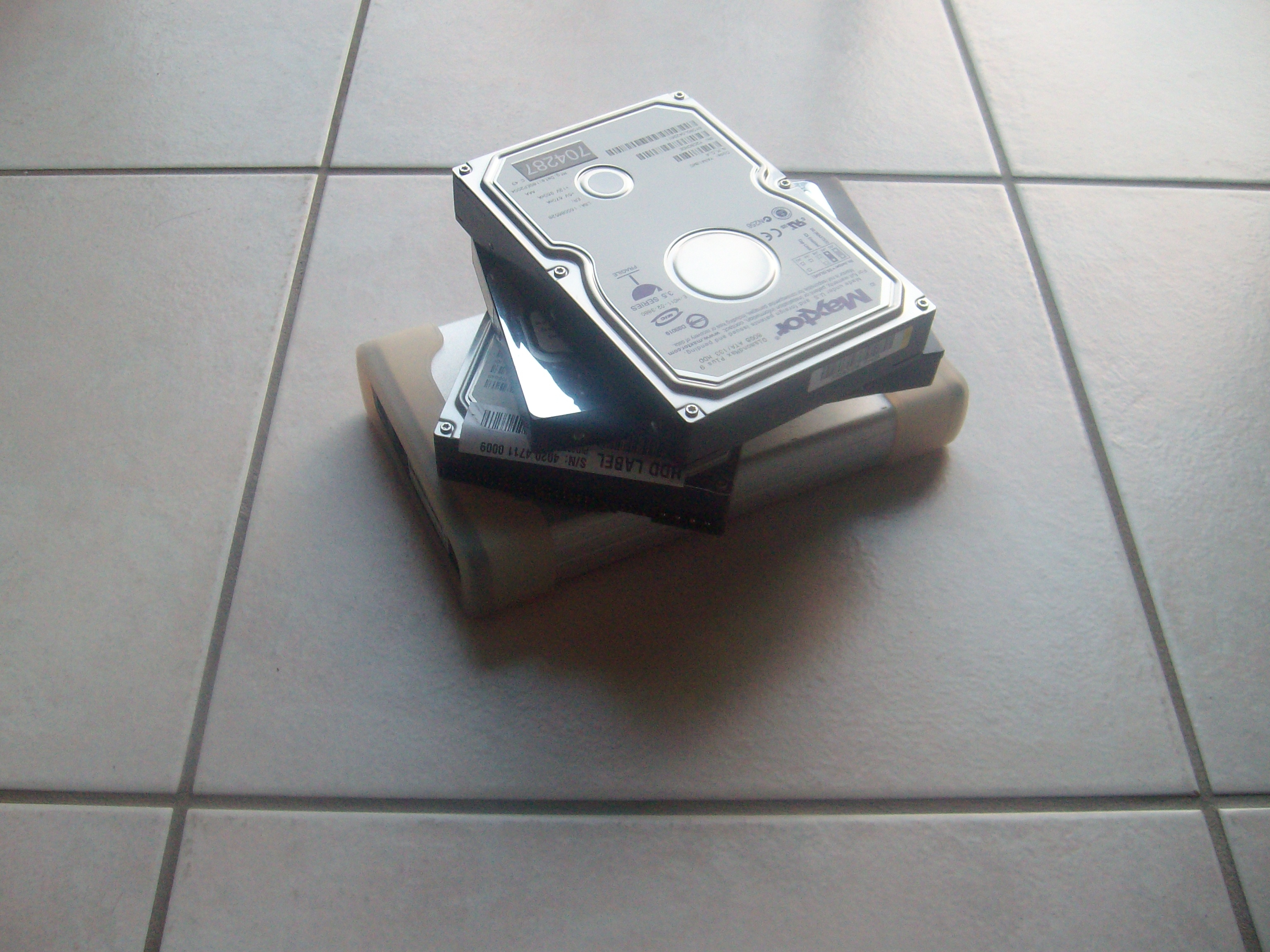Hard Disk Crash Survival Kit
Millions of drives crash every year. Family photos, personal diaries, and home videos are lost forever—or are they? Here’s what you can do before and after disks go bad.

Never Lose Data Again

Almost everywhere you turn today in American society, there is someone or something reminding you that you are a horrible person. You go to the dentist and you get a moral lesson about not flossing enough. The “financial advisors” who visit your office and peddle their 401K brokerage packages let you know how irresponsible you are for not stashing away $200,000 by the time you’re 30. Your doctor scolds about how eating a cheeseburger and fries followed by a caramel Frappuccino will make you overdose on sodium, bad cholesterol, and your recommended daily calorie count.
Then there is the chore of backing up the data on your PC hard disks. PC users often hear and read about how easily it is to lose data and how necessary backups are—yet the warnings often go unheeded.
I know of at least two people who have lost invaluable personal data at home because their hard disks crashed. In one case, family photos of a wedding, children, and family gatherings over the course of a decade were lost on a damaged disk. Another writer I know wrote what he thought was the best final chapters to his novel—yet he believed his chance to finish the Great American Novel was lost and gone forever when his hard disk crashed.
I’m also at fault. I’ve penned numerous articles about data backups and how risky it is to not properly backup your PC. Yet, I have a confession to make: out of pure laziness and procrastination, I never bothered making backups of PC hard drives on some of my PCs. I played the odds that nothing would happen, but several of my disks became damaged and crashed.
But all is not lost--even in the case of the family photos and the Great American Novel described above.
It turns out that if you really need to recover your data, commercial disk-recovery services exist that can usually save the day—yet the cost can be steep, often totaling over $1,000 per disk.
Vendors have also recently made home PC backups easier and cheaper than they have in the past. During the past few years, powerful backup software and RAID storage media have become affordable for consumers. There are also online backup possibilities that are reasonably inexpensive.
Sign up to get the BEST of Tom's Guide direct to your inbox.
Get instant access to breaking news, the hottest reviews, great deals and helpful tips.
In short, it has gotten easier and cheaper to make sure that you never lose your data. Indeed, the odds can be in your favor so that there is a 99.9% chance that you will always be able to recover files when and if a PC hard drive crashes on your desktop or laptop.
As you sit at home making more digital memories with your loved ones over the winter holiday, spend a few minutes thinking about how to protect those files.
Here is what you can do to become as failsafe as possible, and instructions for when the unthinkable happens and you have to rely on the services of a professional lab to recover data from a disk.
Current page: Hard Disk Crash Survival Kit
Next Page Put it Online: The Lazy and Easy Way-
FYI, many external HDDs are coming with built-in disk encryption, which would make the "recovery facilities" impotent at restoring your lost data. If your drive(s) has this "feature," you may have to ensure your data is recoverable if the case/drive has issues. (yes, some solutions, WD has one, requires the external drive enclosure to read the encrypted data from the HDD)Reply
-
longshotthe1st Please do something about the spam or I am outta here, as well as others I'm sure.Reply -
Scanlia Yeah, there are spammers everywhere and the +1/-1 system doesn't seem to be working... DO SOMETHING TOM!!!Reply -
rdhood This is an extremely simplistic article.Reply
There are *many* partition/disk imaging packages available, often for free (Acronis, Paragon and Easeus come to mind, they offer old additions for free on a regular basis), and 1TB drives are now $60! You can regularly back up your entire drive to a bootable hard disk. Have a drive crash? Swap disks and boot. Downtime is about one minute.
If you have two computers, it is a good idea to back up data from one system to another.
When 1TB drives are $60, there is no good reason not to have a full image backup. -
ctmk For desktops, What about software disk mirroring in Windows 7?Reply
It "seems reliable" on my case. even i unplug one of the drive and plug it in another Windows XP machine and the Dynamic Disk can still be recognized and mounted. Performance were good and no extra hardware required.
-
Darkk I personally like CrashPlan as it offers multiple ways of backing up your data to including offsite either for free (buddy) or for a fee at the data center.Reply
I use the native disk image backup in Windows 7 which is set to backup at least once a week. CrashPlan is always backing up every 15 minutes of any file changes. Very handy to recover a file that have been accidently overwritten.
-
Any linux live cd!Reply
A friends mac book pro died before xmas and Apple couldn't recover the data (their recommendation was new hdd - unit was still under warranty).
Booted from Linux mint and recovered about 95% of his work and family files (other 5% were on broken part of disk). I'm no expert but it was pretty easy to do and after some file permission issues were sorted was as simple as drag and drop the files to a usb drive -
stokesj75 I would have like to seen applications like photorec and testdisk (both Linux applications) covered in this article . These allow for recovering from minor hard drive corruption or crash. as long as it is just bad blocks/sectors, missing partitions , deleted files and folders.Reply
